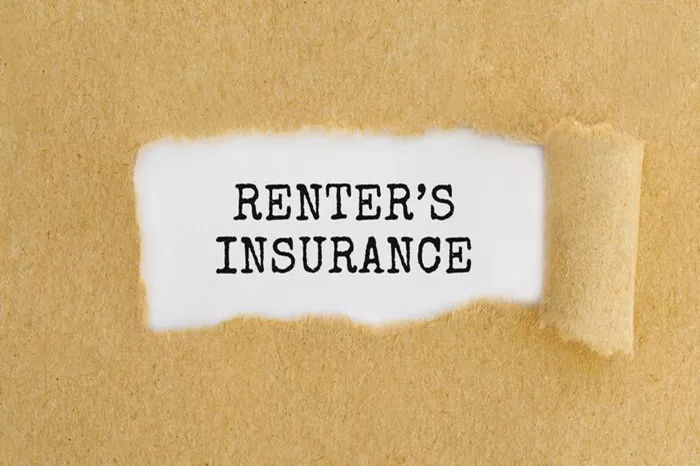Deciding to end your car insurance policy early can arise from a variety of circumstances, such as selling your vehicle, switching providers, or experiencing a change in your financial situation. This article explores the process and considerations involved in ending your car insurance policy before its scheduled end date. Understanding your policy, the steps required for cancellation, potential fees, and available alternatives will help you navigate this decision smoothly and ensure you make informed choices.
Understanding Your Car Insurance Policy
Types of Car Insurance Policies
Car insurance policies vary widely based on coverage types and providers. Understanding the specifics of your policy is crucial before deciding to cancel it.
1. Liability Insurance
This is the most basic form of car insurance, covering damages to other people and property if you are at fault in an accident.
2. Comprehensive Insurance
This covers damages to your vehicle that are not caused by a collision, such as theft, vandalism, or natural disasters.
3. Collision Insurance
Collision insurance covers damages to your vehicle resulting from a collision, regardless of who is at fault.
4. Uninsured/Underinsured Motorist Coverage
This type of coverage protects you if you are involved in an accident with a driver who either does not have insurance or has insufficient coverage.
Policy Terms and Conditions
Each policy has specific terms and conditions that outline the duration of coverage, renewal procedures, and cancellation terms. Review your policy documents to understand the implications of canceling your policy early.
Reasons for Ending Your Car Insurance Policy Early
1. Selling Your Vehicle
If you sell your vehicle, you may no longer need car insurance. However, it is essential to notify your insurance provider and ensure that the policy is canceled appropriately.
2. Switching Insurance Providers
Many people switch insurance providers to find better rates or coverage options. If you are switching, ensure that there is no overlap in coverage and that your new policy is in place before canceling your old one.
3. Vehicle Registration Cancellation
If you are no longer using your vehicle and have canceled its registration, you should also consider canceling your insurance policy to avoid unnecessary costs.
4. Financial Reasons
Sometimes, individuals may need to cancel their insurance policy due to financial constraints. In such cases, it is important to weigh the financial impact of early cancellation against the potential savings.
See Also: How Do I Cancel My Current Car Insurance?
The Cancellation Process
1. Reviewing the Policy Terms
Before initiating the cancellation process, review the terms and conditions of your policy. Look for information related to early termination, cancellation fees, and any required notice periods.
2. Contacting Your Insurance Provider
Reach out to your insurance provider to inform them of your intention to cancel your policy. They will guide you through the cancellation process and provide you with any necessary forms or information.
3. Providing Notice
Most insurance policies require a written notice to cancel. Ensure that you provide this notice within the specified time frame to avoid any additional fees or complications.
4. Confirming Cancellation
After submitting your cancellation request, confirm that your policy has been officially canceled. Request a written confirmation from your insurance provider to have a record of the cancellation.
Potential Fees and Penalties
1. Early Termination Fees
Some insurance policies include early termination fees. These fees are charged if you cancel your policy before its renewal date or before the end of the contract period.
2. Refunds for Unused Premiums
If you have paid premiums in advance, you may be entitled to a refund for the unused portion of your coverage. The amount refunded will depend on your policy’s terms and conditions.
3. Penalties for Missed Payments
If you have missed any payments or have an outstanding balance, your insurance provider may charge penalties or deduct these amounts from any refund due to you.
4. Impact on Insurance Record
Early cancellation of your policy may impact your insurance record and could potentially affect future insurance rates or coverage options.
Alternatives to Early Cancellation
1. Policy Suspension
If you do not need coverage temporarily but plan to resume it later, inquire about the possibility of suspending your policy rather than canceling it. This option allows you to retain your coverage without paying for a period when you do not need it.
2. Adjusting Coverage
Instead of canceling your policy, consider adjusting your coverage to reduce costs. For example, you might lower your coverage limits or remove optional coverages that you no longer need.
3. Transferring Your Policy
Some insurance providers allow you to transfer your policy to a new vehicle or a different driver. This option may be suitable if you are selling your vehicle but acquiring a new one.
4. Temporary Insurance
If you only need coverage for a short period, look into temporary or short-term insurance options. This type of coverage can be useful if you are between vehicles or need coverage for a specific duration.
Final Considerations
1. Legal Requirements
Ensure that you comply with any legal requirements regarding car insurance in your area. In some jurisdictions, maintaining insurance coverage is mandatory even if you are not using your vehicle.
2. Future Insurance Needs
Consider your future insurance needs when deciding to cancel your policy. Ensure that you have appropriate coverage in place before terminating your existing policy.
3. Seeking Professional Advice
If you are unsure about the implications of canceling your policy or need assistance with the process, seek advice from an insurance professional. They can provide guidance tailored to your specific situation.
Conclusion
Ending your car insurance policy early is a significant decision that requires careful consideration of various factors, including policy terms, potential fees, and alternatives to cancellation. By understanding your policy, following the proper cancellation process, and exploring alternative options, you can make an informed decision that aligns with your needs and circumstances. Whether you are selling your vehicle, switching providers, or facing financial challenges, taking the right steps to cancel your car insurance policy will help you navigate this process effectively and avoid unnecessary complications.






















